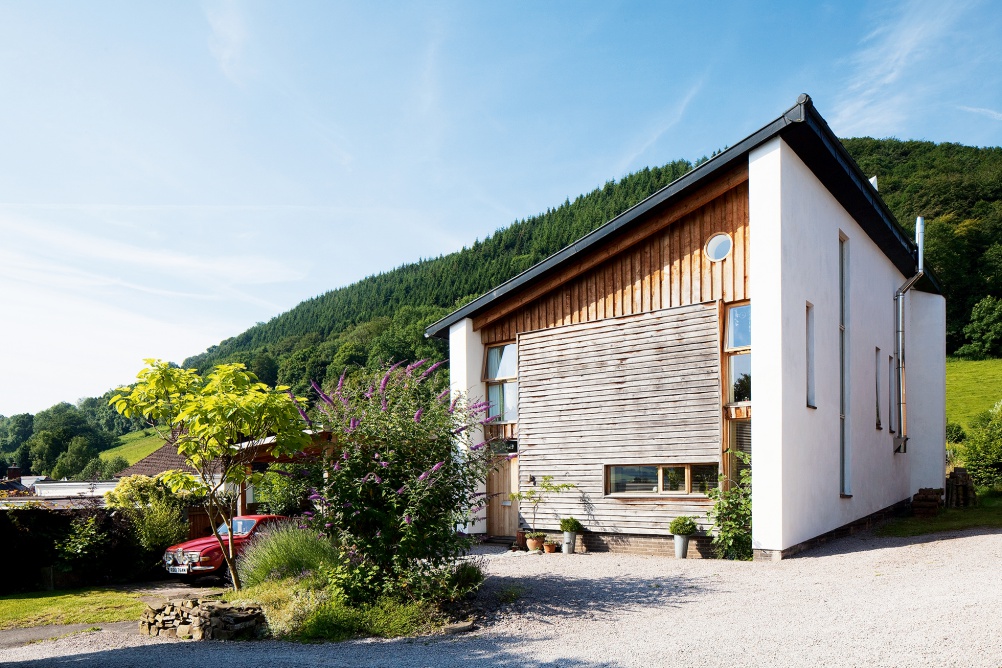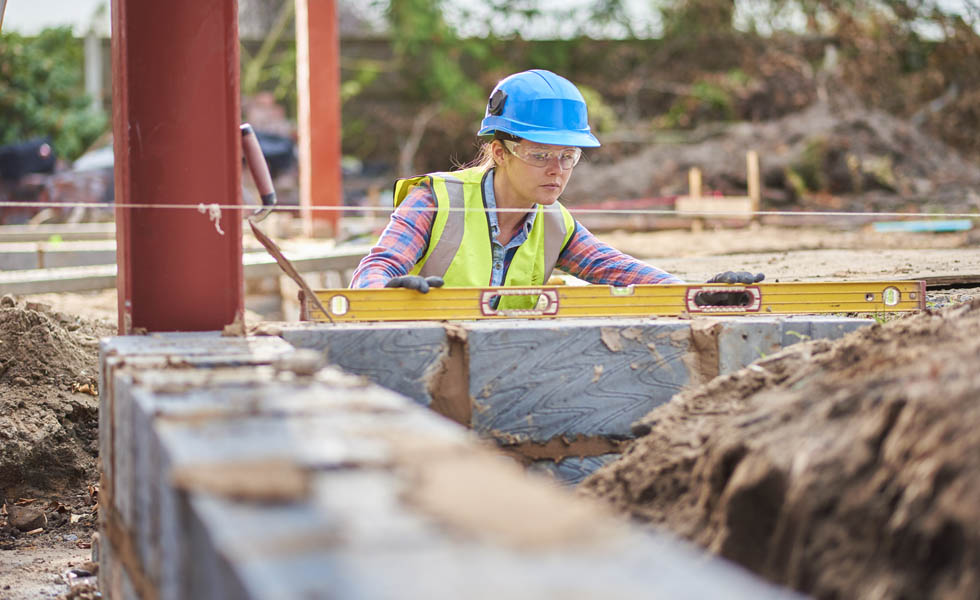Zero Carbon Homes Drive Requires ‘Massive Role’ From Home Improvers
A forthcoming House of Lords debate on zero carbon homes could have a big long-term impact on home improvers

The drive for zero carbon homes will significantly impact home improvers, who have a major role to play in the push to net zero, according to the National Home Improvement Council (NHIC).
The NHIC, an umbrella organisation for the home improvement sector, is leading a private debate in the House of Lords on 14 September, and one of the aims is to develop a zero carbon homes action plan for government, industry and homeowners to follow.
The Net Zero Carbon Homes 2021 Parliamentary Debate will include experts from across the home improvement industry, and the NHIC wants to signpost the importance of creating carbon-sensitive home improvements such as across insulation and glazing, while active engaging tradespeople and homeowners about the benefits of making these changes.
“Home improvement has a massive role to play within the zero carbon plans for the UK,” Anna Scothern, chief executive of the National Home Improvement Council told Homebuilding & Renovating.
“Ministers are starting to realise this too, which is why it’s starting to feature more in government policy. It will help the UK to achieve its carbon targets and also boost employment and levelling up, meaning that home improvements can be more easily carried out by companies that are local to homeowners.”
(MORE: 15 Inspiring Eco Homes)
What are Zero Carbon Homes?
The government previously confirmed that from 2016, all new homes would be zero carbon — defined as 46kWh/m²/yr for detached, semi-detached and terraced houses under Fabric Energy Efficiency Standards.
Bring your dream home to life with expert advice, how to guides and design inspiration. Sign up for our newsletter and get two free tickets to a Homebuilding & Renovating Show near you.
However, the Zero Carbon Homes Standard was pulled in 2015, and since then around 800,000 homes have been built to lower emissions standards or without carbon offsets, The Independent reported in August.

The government’s net zero drive will require seismic changes to our housing stock. Housing accounts for around 14% of the UK’s greenhouse gases and according to the Committee on Climate Change, the sector’s overall emissions need to be reduced by 24% by 2030.
This is why the Future Homes Standard will be introduced from 2025, which will set new energy efficiency standards for new homes and extenders. It will also mean no new homes will be able to connect the gas network from 2025 - they will instead be equipped with energy-efficient insulation and heated by a low-carbon heating source such as an air source heat pump.
The Bacon Review published in August highlighted the importance of building green homes, particularly among self builders who can build energy-efficient homes which are cheaper to run. One way of achieving this is through Passivhaus, which has a space heating demand of less than 15kWh/m²/yr.
(MORE: Passivhaus Homes)
The government is expected to elucidate more on the future of zero carbon homes when it publishes its Heat and Buildings Strategy later this month.
Jack has worked in journalism for over a decade and was the former News Editor of Homebuilding & Renovating between 2019 until 2023. In his time as News Editor he broke the most relevant and beneficial stories for self builders, extenders and renovators, including the latest news on the construction materials shortage, planning permission and green initiatives. In 2021 he appeared on BBC's The World at One to discuss the government's planning reforms.
He enjoys testing new tools and gadgets, and having bought his first home in 2013, he has renovated every room and recently finished a garden renovation.

